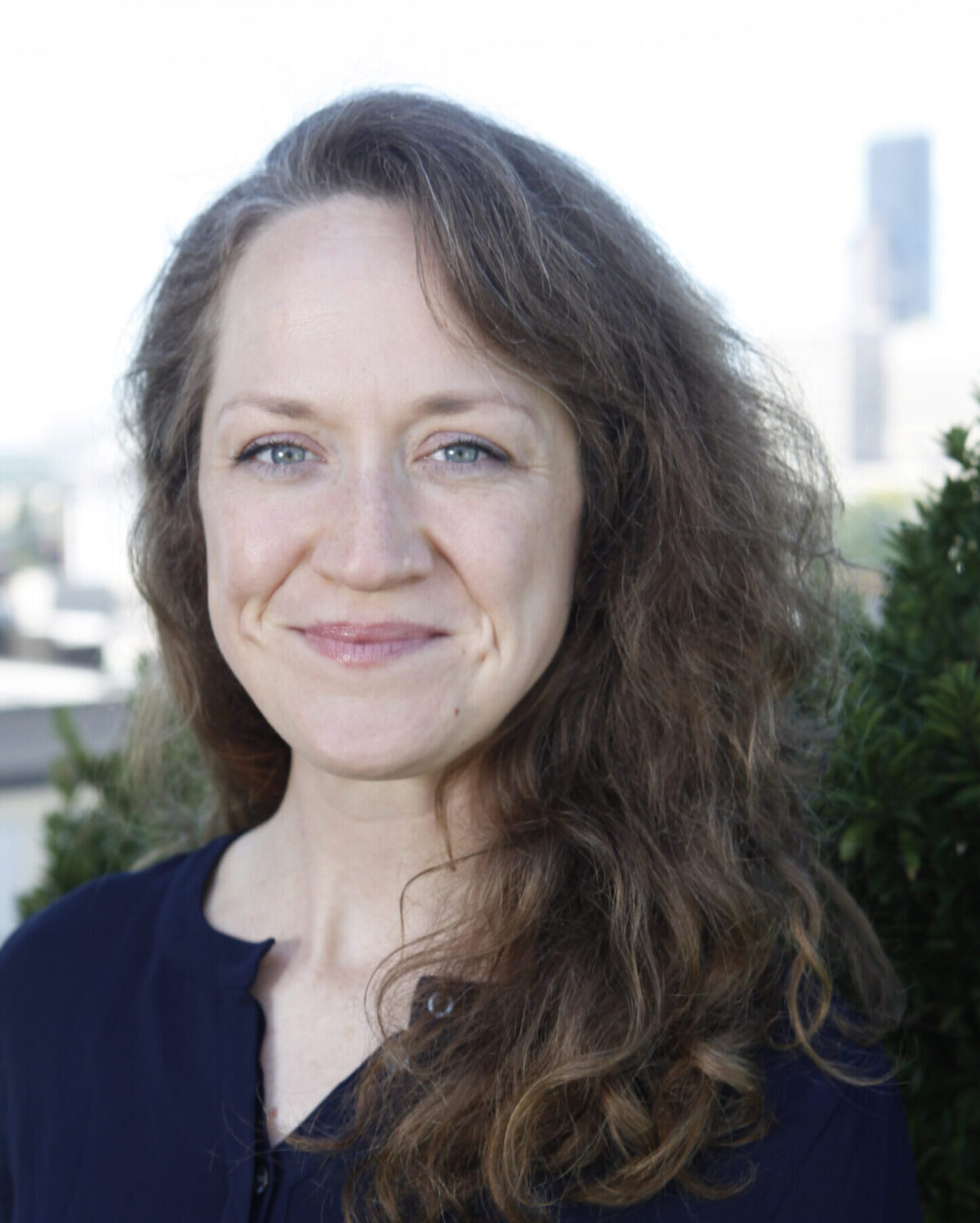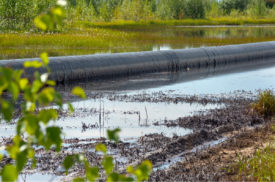Alicia
Need something new to read on your bus ride? Poetry on Busses is a Seattle-based community art project that features the poetry of your fellow bus riders. The project began in 1992 with the display of poems from the local community on placards above bus seats. This year, they launched an online poetry portal, so that you can browse the poetry while you ride. This year’s featured poems were selected by a group of esteemed Seattle poets, from a pool of submissions that were collected in the spring. Poetry on Busses is the third project in a series of four digital artworks, commissioned by 4Culture with Metro Transit in order to enhance the RapidRide experience. Read more about the projects here!
Clark
Courtesy of Chuck Marohn’s essay on complexity in cities, I present to you the ”High 5” interchange just outside of Dallas: a five-decker tangle of highway lanes as tall as a 12-story building. Marvel of engineering? Urban Blight? Both? You decide! Marohn takes the interchange as a quintessential example of mistaking complicated systems for complex ones. A Swiss watch is complicated but precise. A city is complex and messy. When we treat a city as a complicated system, we build massive freeways to move cars through them as quickly as possible. When we treat a city as complex system, we create interesting, versatile, interconnected spaces where people actually want to spend their time.
Keiko
Here are some photos documenting the climate convention happening as we speak in Lima, Peru. This is a preparatory meeting for the 2015 UN Climate Change Conference in Paris, where the world will hopefully conclude the first global climate treaty with binding targets—fingers crossed!
Serena
Time‘s Person of the Year for 2014? The Ebola Fighters.
Eric
InsideClimate News and The Weather Channel teamed up to produce a 10-minute video called Boom: North America’s Explosive Oil-by-Rail Problem that focuses on lax regulatory standards for oil tank cars.
The New York Times Magazine has a fascinating piece on how the disappearing Louisiana coast could give rise to the most ambitious environmental lawsuit ever.
Anna
I hate to see infighting within the ranks on the same side of the climate movement, but Naomi Klein and Elizabeth Kolbert’s back and forth about Klein’s book is a good reminder about the extreme tensions climate warriors experience between hope and despair and about the necessity for faith in the power of action when we’re faced with so much apathy. A light is cast here on the role that our thought leaders play in helping us deal—or not. They set us up to move forward boldly or sit down, defeated. (I’m talking to you, EK!)
And speaking of despair, Rebecca Solnit had a piece in the NYT last week that’s worth a read in case you missed it. She reminds us to focus on the big picture, rather than dwelling on each tragic, individual loss:
Over all, climate change tends to be reported as abstract explanations about general tendencies and possible outcomes. It’s a difficult subject to tell and to take in. The scientific side is complicated. Understanding it requires the ultimate in systems thinking: the cumulative effect of all of us burning coal and oil impacts things far away and yet to come. A lot of it is hard to see. If you didn’t pay attention to a species beforehand, you won’t have noticed its decline. There’s no direct, tangible way for you to know the ocean is 30 percent more acidic than it used to be, or that it is expected to rise several feet in this century and then keep rising.
I’d add that we should also talk about the practical, cost-effective solutions that are ready to go right now whenever we have a platform to discuss the extreme urgency of the situation the way Solnit has. The problem is overwhelming and can be paralyzing if we don’t balance the bad news with some sense that we’re actually equipped to do something about it—if we choose.
Finally, don’t miss Remy Trupin and De’sean Quinn’s op-ed in The Stranger about climate policy. They argue, rightly, that we can’t address global warming without addressing income inequality at the same time. Amen.







